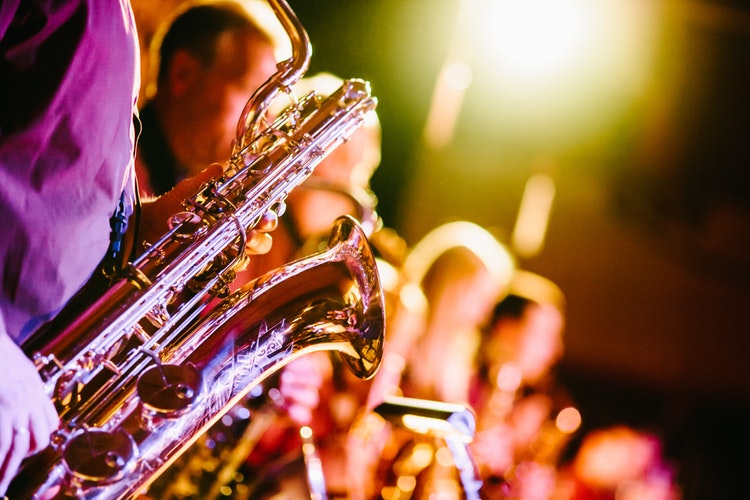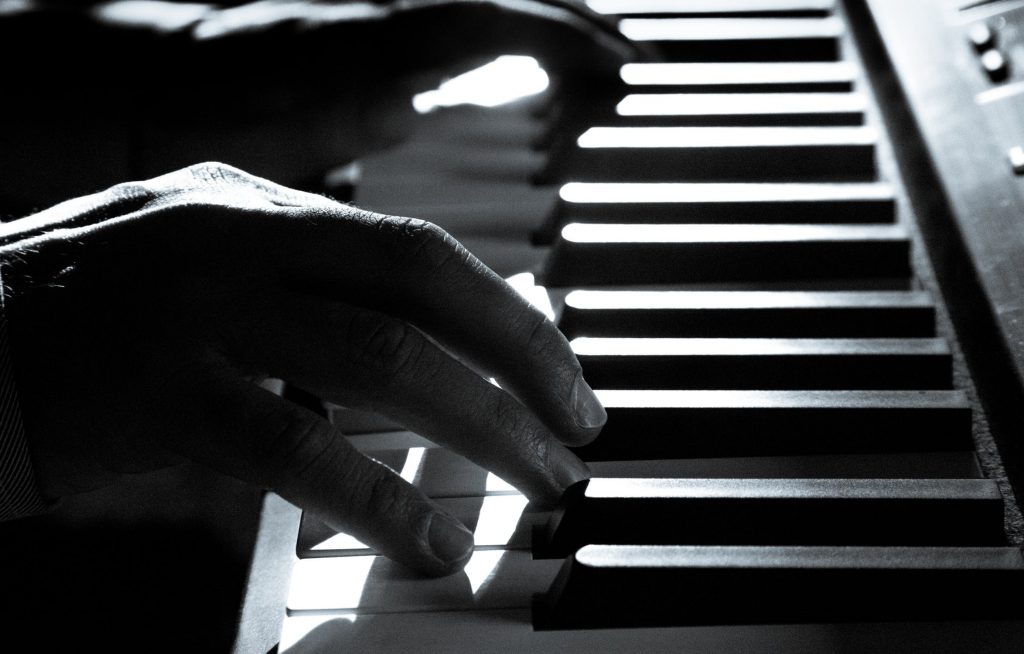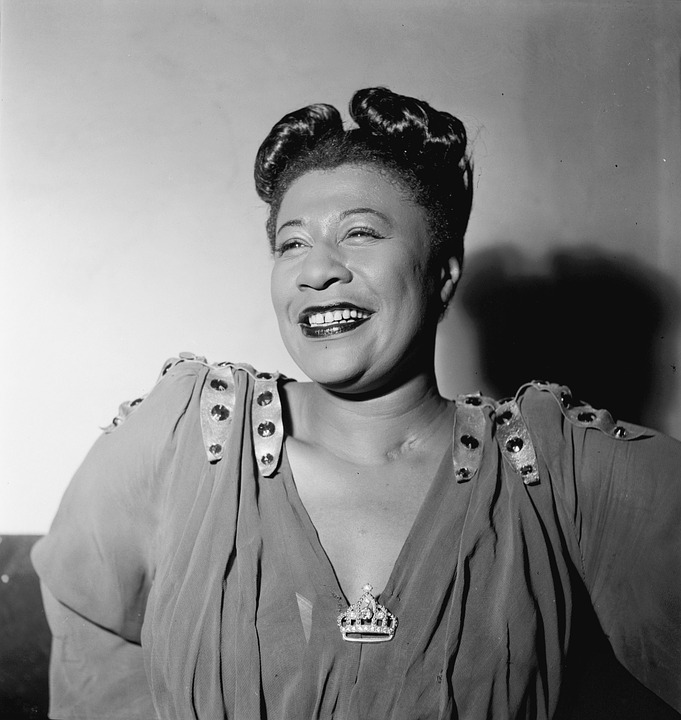 The London Jazz Festival 2018 is in full swing! People have been flocking to the capital to hear the melodious blast of trumpets, the rhythmic scratchings of snare drums and the ponderous strummings of the stately bass. So what better time to think about using music in the EFL classroom?
The London Jazz Festival 2018 is in full swing! People have been flocking to the capital to hear the melodious blast of trumpets, the rhythmic scratchings of snare drums and the ponderous strummings of the stately bass. So what better time to think about using music in the EFL classroom?
Music speaks to everyone, crossing cultural divides and vaulting language barriers with ease. Music is the perfect extra teacher in the classroom, especially this week with the London Jazz Festival in full swing. Read on to find out more about this world famous music festival and how it can bring a boost to the EFL classroom.
History of the London Jazz Festival
In the 1970s, the London Borough of Camden decided to add a Jazz Week to the popular Camden Festival. The Jazz Week grew into a big attraction and eventually, with the support of the Arts Council, the Jazz Week morphed into the London Jazz Festival in 1992.
The London Jazz Festival spread out from Camden to encompass not only North London but the whole of the city. It has hosted thousands of British and international artists over the years.
The festival is now one of the biggest international jazz events, drawing crowds from all over the world.

London Jazz Festival 2018
The London Jazz Festival is a ten day celebration of jazz, featuring performances from over 2,000 great artists, with more than 300 gigs across 50 venues. Many of the performance are even free to attend.
This year, some of the performers that are going to be rocking the stage at the London Jazz Festival include:
Kinetica Bloco, Sonic Brew, Vula Malinga, Christian Sands Trio, Hannah Svensson, Dave Douglas, Steve Taylor Big Band Explosion, Amir ElSaffar, Chip Wickham, Imaani and Nate Williams, Billy Harper Qintet and Choir, Evelyn and the Yellow Birds, Richard Bona, Harry Bolt Quartet, Mariza, Laila Biali Trio, Judi Jackson, Deva Mahal, Blakey’s Boys, Son Yambu, Mopomoso, Phil Robson Quartet featuring Jed Levy, Diz Watson and the Doormen, Emilia Martensson, Sax Ruins, Nancy Ruth, ….. and many more exciting singers and bands!
Using Jazz Music in EFL Lessons
The London Jazz Festival can come to the EFL classroom! It’s so easy and really effective to introduce music, song and rhyme into an EFL lesson.
This year, the festival runs from 16th November until 25th November, but jazz can reign supreme in EFL lessons for much longer.
As long as you can find a suitable song and a great grammar point or set of useful adjectives to teach, you can use jazz songs as a vehicle for learning.

Grammar and Pronunciation Practice
Using jazz music in the EFL classroom is a great idea to help students with English vocabulary and pronunciation as well as grammar points. Jazz songs often have strong, interesting stories to tell with their lyrics.
In addition to the performers at the festival this year, some useful and brilliant jazz singers to use in EFL lessons include Ella Fitzgerald, Frank Sinatra, Tracy Chapman, Norah Jones, Billie Holiday and Michael Buble.
There are many more jazz musicians with great lyrics and catchy tunes making remembering English words even easier for language students.

Music for Motivation
Another reason to use music in the EFL classroom is the effect it can have on student motivation. English language teachers can use music effectively to boost a learner’s interest in the subject.
If a student is finding a grammar lesson boring they might find it much more entertaining once they discover the grammar point in question hiding in the lyrics a favourite song.
Song lyrics are also useful for teaching English students about history and culture. Students can easily learn new vocabulary and how to pronounce English words, especially as songs usually contain lots of useful repetition, which helps the memory.
In fact, there has also been a strong link identified between language learning and music training, which shows that immersing yourself in music really can benefit your ability to learn a new language.
One of the reasons for this is related to the deep link between sound, language and emotion. It seems that words learned through music have an important impact on the brain as they tap into your emotions.
It’s time to bee-bop and scat and boogie to the rhythm of the coolest jazz tunes in your next EFL lesson – what a great way to learn English!
Share your thoughts
Which of the jazz musicians are you most excited about seeing/hearing perform this year?
Teachers, do you have a favourite song for teaching English?
Students, which songs do you find most useful for learning English?
Let us know your thoughts in the comments box!
